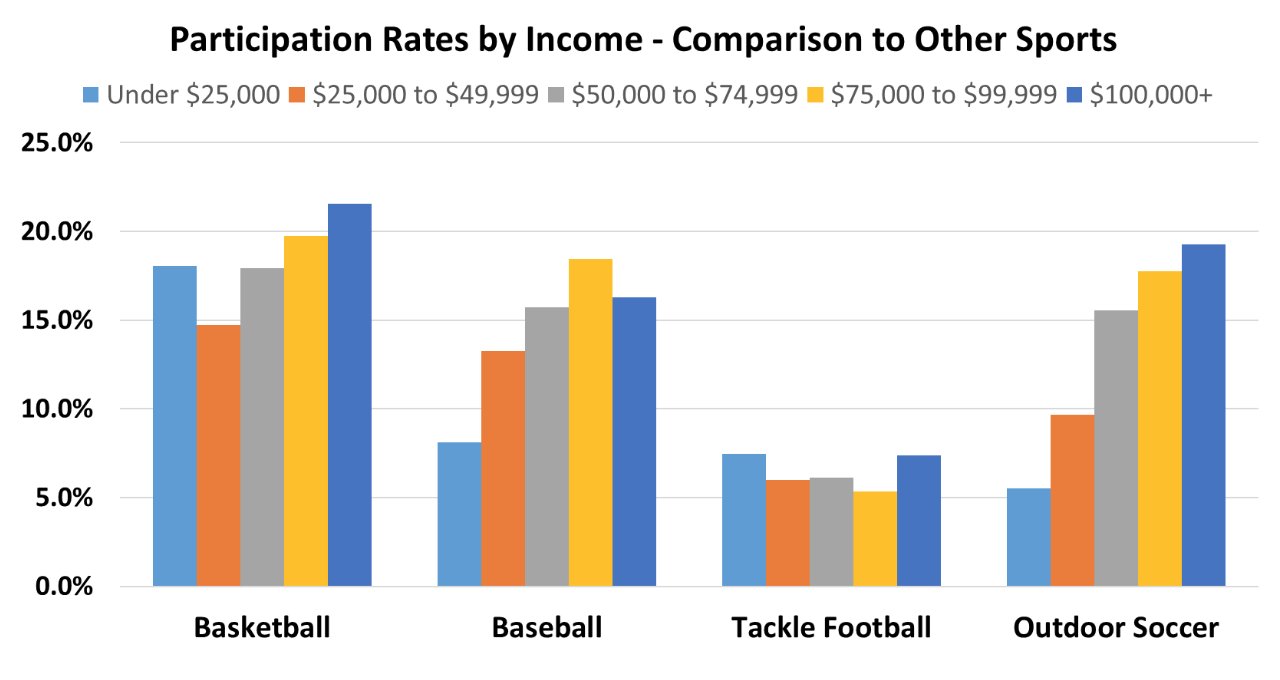Kids at young ages sign contracts of varying forms at professional clubs in their area, and the clubs then can profit off the players development later on (when they are transfered to a bigger team, etc).
This encourages the clubs to focus on development of the players, since their income stream is tied to producing good players. US clubs revenue streams are largely based on having enough players paying money to belong, and that's just ass backwards.
Take for example Toni Kroos in Germany. He started as a kid playing for Griefswalder SV 04 in his tiny hometown near the Polish border. When he was 12 he moved to Hansa Rostock, a bigger club. When he was 16 he moved again to Bayern Munich and Rostock got a cool €2.5m (Griefswalder then received a portion of that for developing him as a child).
Everyone on the chain had a financial incentive to make sure Kroos improved and maximized his talent, not to just get paid by his parents.

